7 Mistakes To Avoid With A New Car, Plus 7 Essential Tips For Longevity
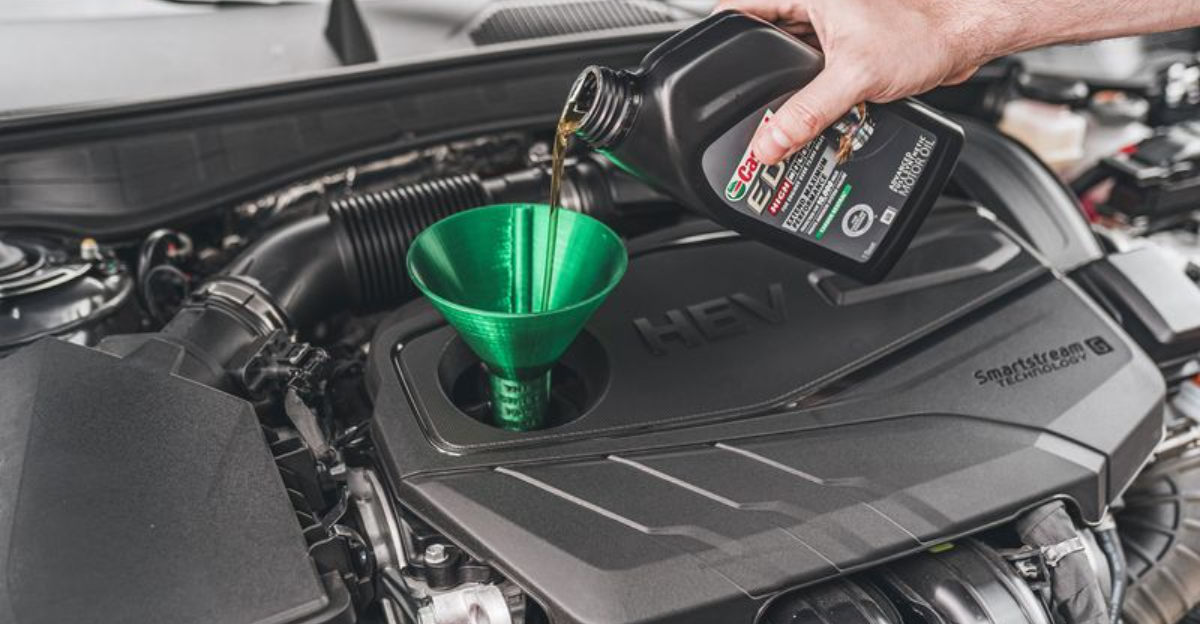
Back in the day, a buddy of mine swore by his Buick V6, claiming it was the unsung hero of engines. He once joked that if that V6 could talk, it’d have more stories than a classic novel.
That engine didn’t just power Buicks. It found its way into all sorts of rides, quietly proving its muscle and reliability.
You might be surprised how many cars and trucks have felt the roar of this humble powerhouse under their hoods.
1. Skipping the Break-in Period Damages Engines
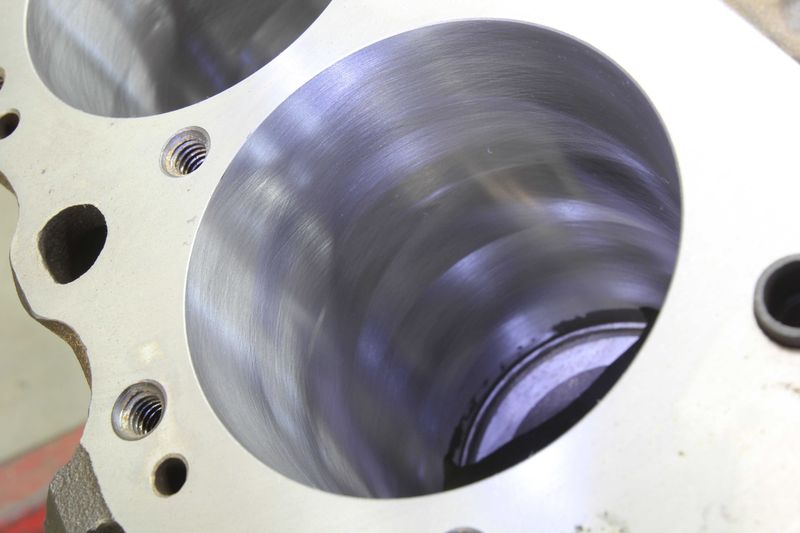
That shiny new engine needs time to settle in! During the first 500-1,000 miles, metal components are still adjusting and seating themselves properly.
Pushing your car too hard too soon can cause premature wear that follows your vehicle for life.
Most manufacturers recommend varying your speed and avoiding hard acceleration during this crucial period.
Your patience now means better performance and fewer problems later!
2. Ignoring Scheduled Maintenance Voids Warranties
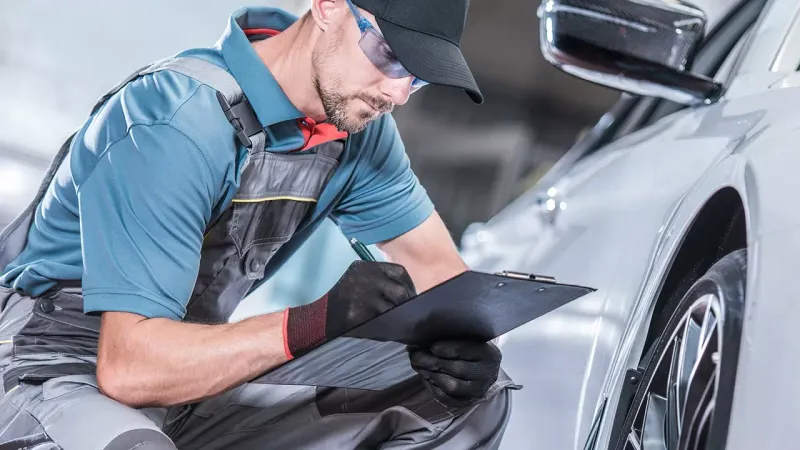
Manufacturers design maintenance schedules for a reason! That little booklet in your glove compartment isn’t just decoration—it’s your roadmap to keeping your warranty valid.
Missing oil changes or scheduled inspections gives dealerships an easy excuse to deny warranty claims. Many modern cars track maintenance electronically, so there’s no hiding from skipped service.
Even something seemingly minor like postponing a filter change can lead to expensive problems down the road.
3. Cheap Fuel Compromises Performance
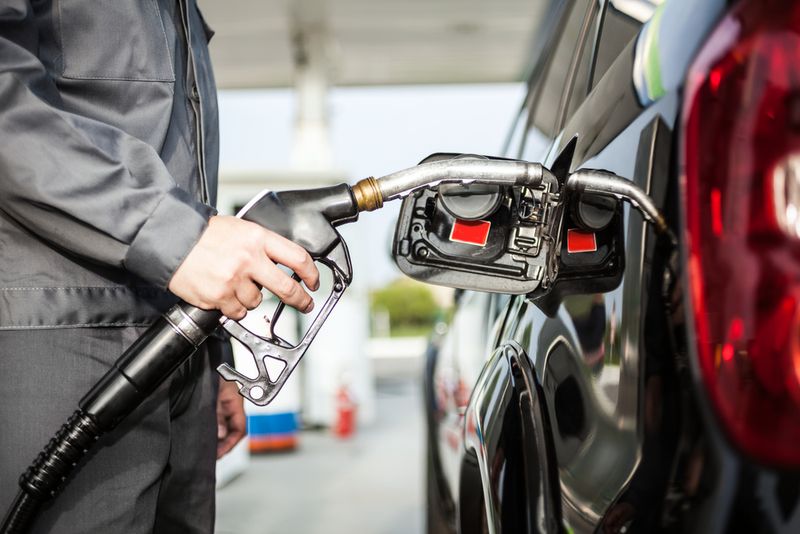
Your owner’s manual recommends specific fuel types for good reason! Modern engines are precision machines calibrated for particular octane ratings.
Using lower-quality fuel than recommended can cause engine knock, reduced power, and worse fuel economy.
Premium vehicles especially suffer when fed regular gas, with some luxury models experiencing up to 20% performance drops.
The few dollars saved at the pump often cost more in decreased performance and potential long-term damage.
4. First Oil Change Timing Is Critical
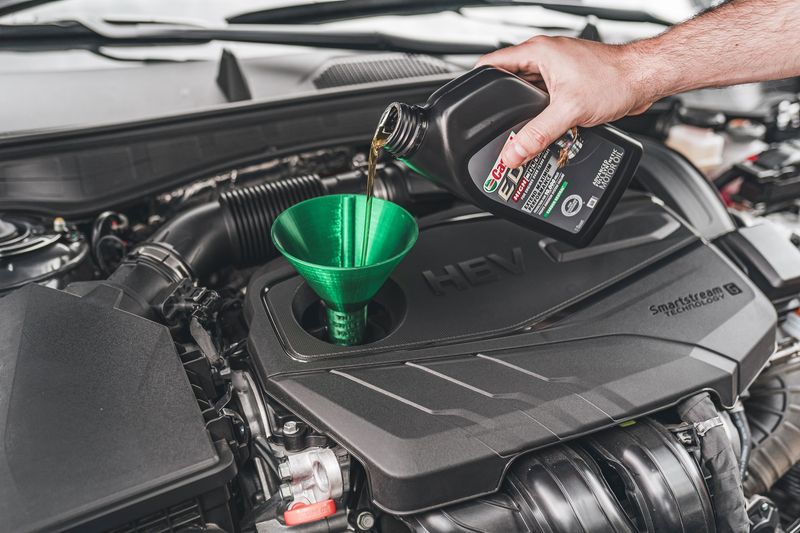
Manufacturing debris lurks in your brand-new engine! Metal shavings and assembly compounds remain after production, and your first oil change removes these harmful particles.
Many mechanics recommend changing oil at 1,000 miles rather than waiting for the standard interval. This early change flushes out contaminants before they can damage sensitive components.
Consider it a small investment that pays huge dividends in engine longevity and trouble-free performance.
5. Vehicle Overloading Strains Suspensions

Every car has weight limits you shouldn’t ignore! Manufacturers carefully calculate maximum loads based on the vehicle’s suspension, brakes, and structural integrity.
Routinely exceeding these limits stresses components beyond their design parameters.
Your car might handle it a few times, but repeated overloading leads to premature wear of shock absorbers, springs, and even frame components.
Check your door jamb sticker for exact weight ratings instead of guessing what your vehicle can handle.
6. Tire Pressure Affects Everything
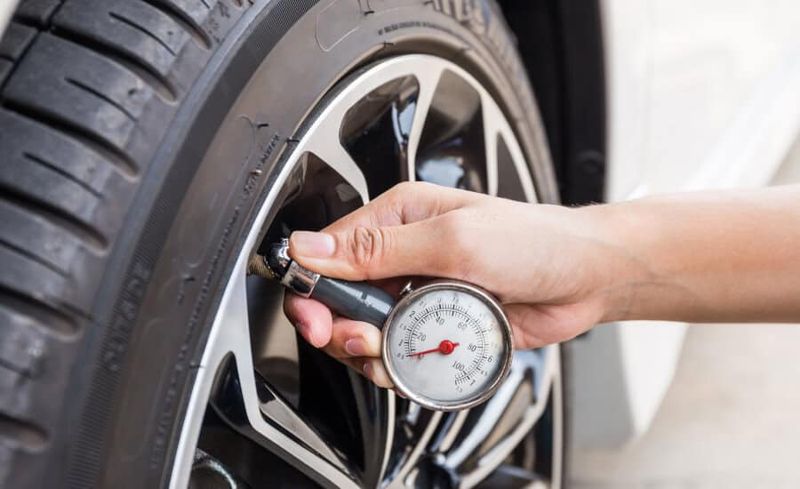
Those four rubber contact patches connect your car to the road! Maintaining proper tire pressure impacts handling, braking, fuel economy, and tire life.
Underinflation causes excessive heat buildup and sidewall flexing that can lead to blowouts. Overinflation reduces traction and creates a harsh ride while wearing out the center of your treads prematurely.
Modern cars include tire pressure monitoring systems, but don’t rely solely on warning lights—check pressures monthly with a quality gauge.
7. Aggressive Driving Shortens Car Life

Jackrabbit starts and screeching stops might feel exciting, but your car suffers! Hard acceleration forces engine components to work under extreme stress, while aggressive braking rapidly wears pads and rotors.
Studies show aggressive drivers replace transmissions up to three times sooner than gentle drivers. Your driving style directly affects how long major components last.
Give your new car a chance to prove its reliability by treating it respectfully from day one.
8. Maintenance Schedules Save Money
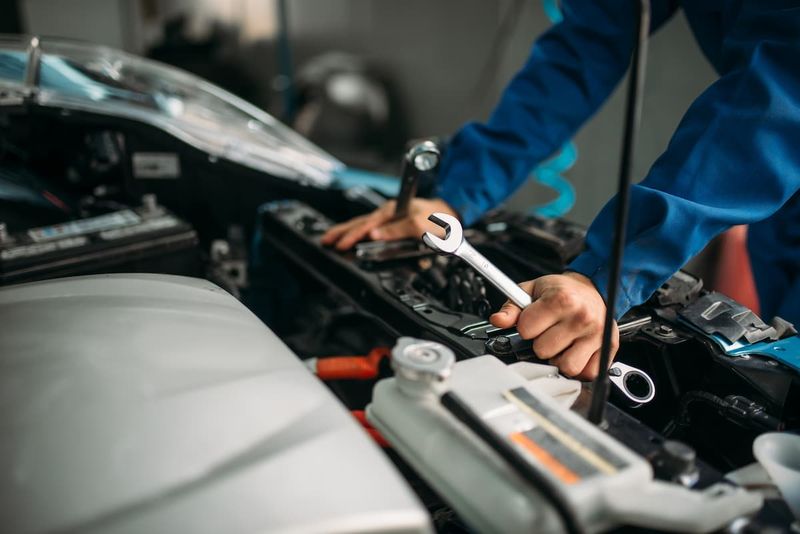
Following that little booklet’s timeline prevents big expenses! Manufacturers design maintenance schedules based on extensive testing and engineering data.
Regular fluid checks, filter replacements, and inspections catch small issues before they become catastrophic failures.
One missed timing belt replacement can result in engine damage costing thousands.
Modern cars make maintenance easier with service reminders and extended intervals, but skipping recommended service remains a costly mistake.
9. Quality Fluids Extend Engine Life
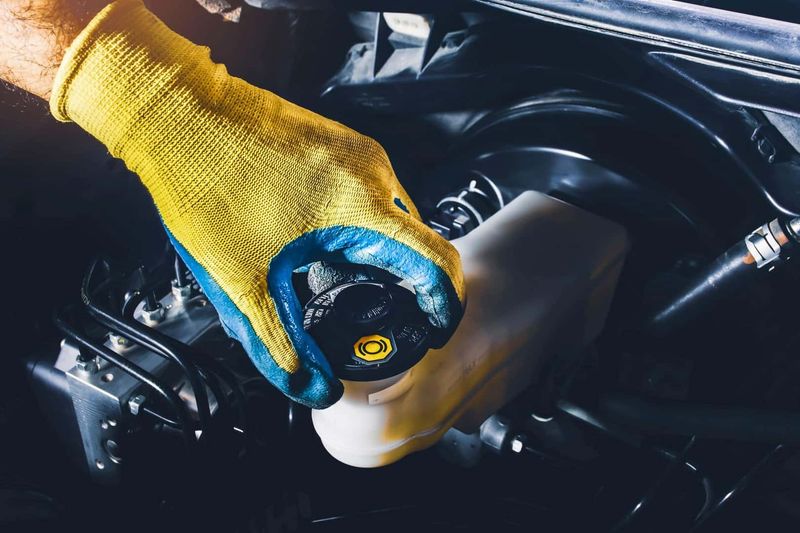
Your car literally runs on fluids! Engine oil, transmission fluid, coolant, and brake fluid all play crucial roles in keeping everything running smoothly.
Manufacturer-approved fluids contain specific additives engineered for your vehicle’s unique requirements. Synthetic oils offer better protection in extreme temperatures and can extend the time between changes.
The price difference between premium and budget fluids is minimal compared to the potential repair costs from using the wrong products.
10. Regular Washing Prevents Rust
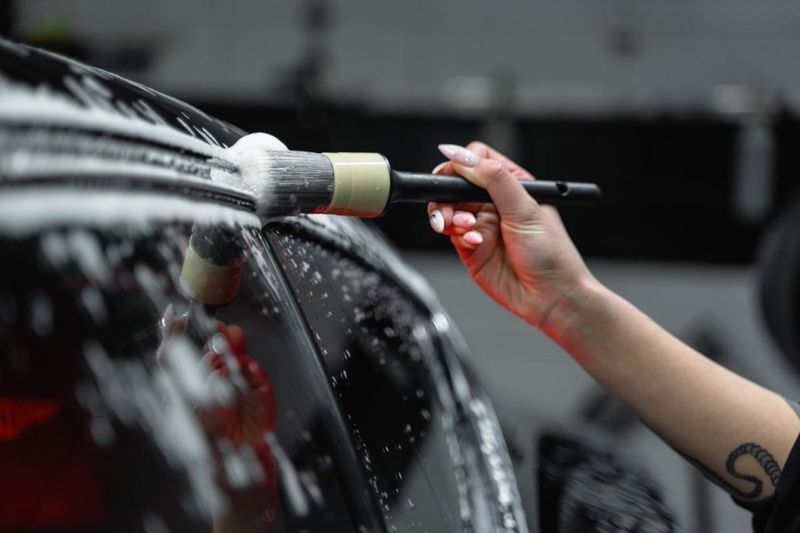
Road salt and environmental contaminants attack your paint immediately! Modern clear coats provide excellent protection, but only when properly maintained.
Quarterly waxing creates a hydrophobic barrier that repels water and contaminants. Undercarriage washing proves especially important in winter months when corrosive road treatments accumulate in hidden areas.
Professional ceramic coatings offer multi-year protection that makes regular maintenance easier while preserving your car’s appearance and resale value.
11. Smooth Driving Preserves Transmissions
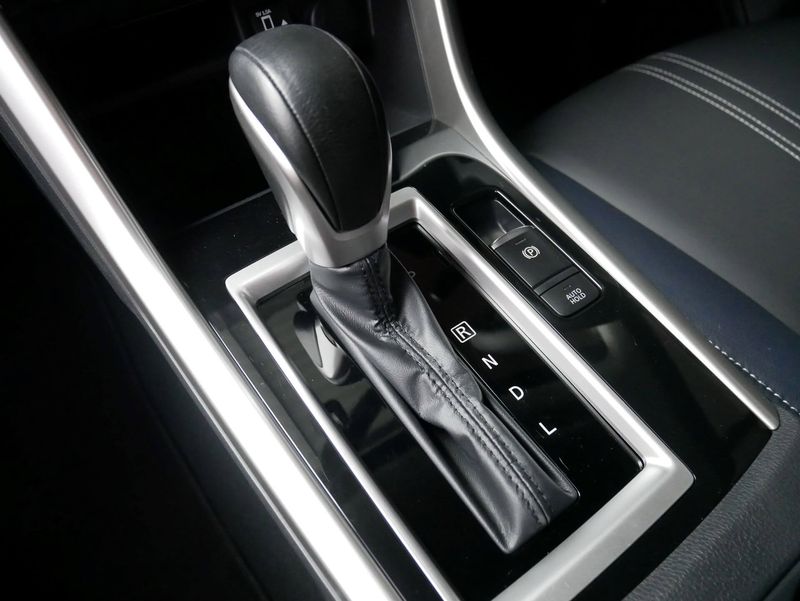
Modern automatic transmissions hate sudden throttle changes! Jabbing the accelerator forces rapid downshifts that generate excessive heat—the number one enemy of transmission longevity.
Allowing your car to come to a complete stop before selecting reverse prevents damaging cross-directional forces.
Even manual transmissions benefit from smooth shifting techniques that reduce synchronizer wear.
Consistent, predictable driving habits keep transmission temperatures lower and extend the life of this expensive component.
12. Garage Storage Protects Everything

Ultraviolet radiation silently destroys your car’s finish! Parking in a garage shields your vehicle from harsh sunlight that fades paint and degrades rubber seals and trim.
Temperature extremes affect more than comfort—battery life shortens dramatically in both very hot and very cold conditions.
Interior materials like dashboard plastics and leather seats crack and fade when repeatedly exposed to direct sunlight.
If a garage isn’t available, consider a quality car cover for protection when parked for extended periods.
13. Tire Rotation Ensures Even Wear
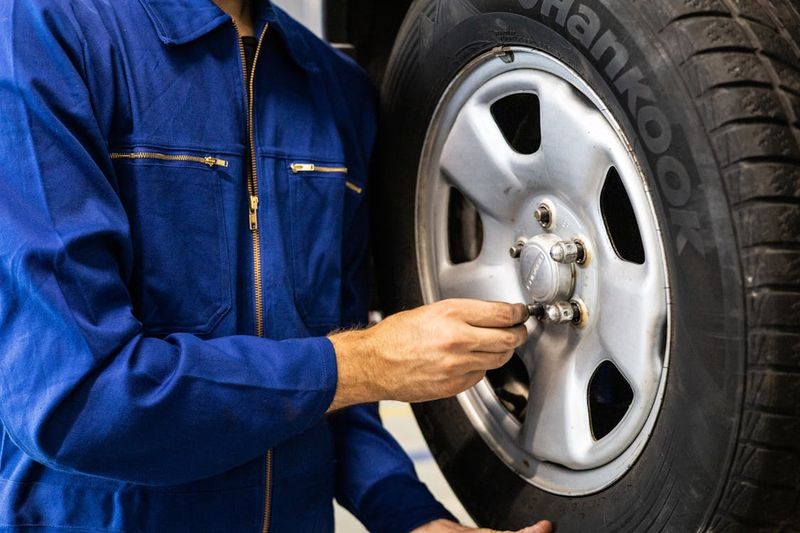
Front tires typically wear differently than rear tires! Front-wheel-drive vehicles place extra stress on front tires through steering and power delivery.
Regular rotation equalizes wear patterns and extends tire life by thousands of miles. Most manufacturers recommend rotation every 5,000-7,500 miles, coinciding with oil change intervals for convenience.
Don’t forget to check alignment when rotating—even minor misalignments cause premature and uneven tire wear that wastes your investment in quality rubber.
14. Early Problem Intervention Prevents Failures
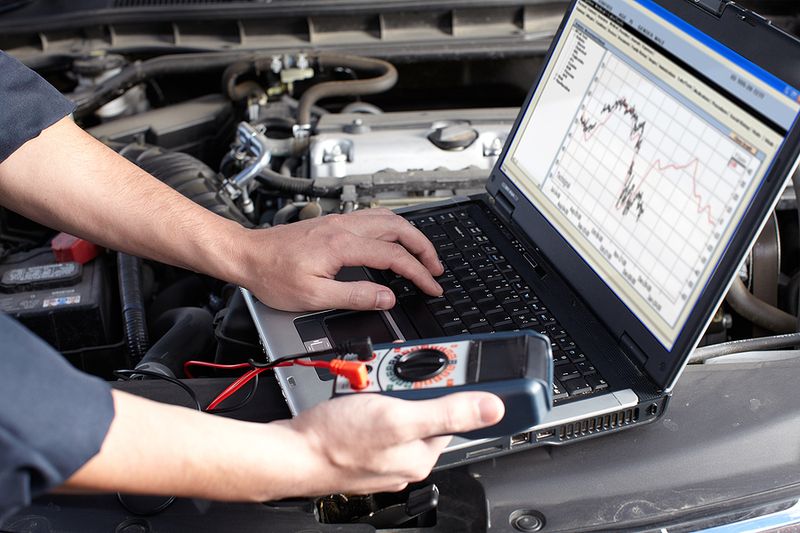
That strange new noise won’t fix itself! Modern vehicles provide early warning signs before major failures—unusual sounds, warning lights, or performance changes signal developing problems.
Professional diagnostics can identify issues while they’re still minor and inexpensive to repair. Ignoring symptoms often leads to cascading failures where one component damages others.
Many dealerships offer complimentary multi-point inspections that catch problems you might miss during routine service visits.
